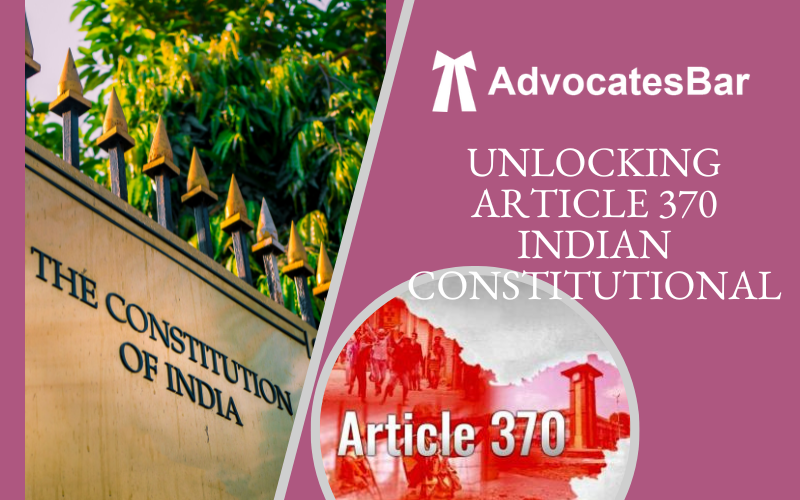Calcutta High Court Judge Initiates Contempt Proceedings Against attorneys Upholding Judicial Authority and Responsibility
This bold move by the judgelately, Calcutta High Court Judge Sanjib Banerjee initiated disdain proceedings against four attorneys who had filed a writ solicitation before the court. serves as an important memorial that judicial authority and responsibility must be upheld in all circumstances. The disdain proceedings were aimed at inhibiting similar geste from being in the future. It’s a clear sign that the bar won’t tolerate any kind of discourteous conduct towards its judges.
1.The data of the case In a recent incident
Calcutta High Court Judge, Justice Tapabrata Chakraborty, initiated disdain proceedings against a group of attorneys who had allegedly cried taglines and hurled abuses inside the courtroom. The incident passed while the judge was delivering a verdict in a case related to the West Bengal panchayat pates.
The attorneys were reportedly agitated over the court’s decision to quash nominations of several campaigners belonging to the ruling party. The commotion disintegrated the proceedings of the court and averted the judge from reading out his verdict.
As a result, the judge was forced to recess the hail and order the junking of the unruly attorneys from the courtroom. The incident was a clear violation of the court’s form and the judge took a stern station against the misconduct of the attorneys.
Justice Chakraborty exercised his powers under the disdain of Courts Act, 1971 and initiated disdain proceedings against the errant attorneys.
This move was aimed at upholding the authority of the bar and maintaining the quality of the court. disdain of court is a serious offence and can lead to discipline of imprisonment and forfeiture. It’s considered as a direct challenge to the bar and its power to uphold the rule of law.
In this case, the judge took a strong stage against the unruly geste of the attorneys and transferred a communication that similar acts of defiance won’t be permitted. The incident has stressed the need for lesser responsibility and discipline among legal professionals. It’s important that attorneys maintain a high position of professionalism and form while appearing before the court.
Any act of misconduct can’t only peril their own careers but also undermine the integrity of the bar and its capability to deliver justice.
2.The law on disdain of court disdain of court
is a legal conception that refers to any action that defies or disobeys the authority of a court. In India, disdain of court is punishable under the disdain of Courts Act, 1971. Contempt Proceedings can be initiated either suo moto by the court or on the complaint of the affected party.
There are two types of disdain civil and felonious. Civil disdain involves the defiance of a court order or judgment, while felonious disdain involves any act that interferes with the administration of justice, similar as dismembering court proceedings or publishing scandalous statements about the bar.
The consequences of being set up shamefaced of disdain can be severe, including imprisonment, forfeitures, or disbarment.
The purpose of disdain proceedings is to uphold the authority and integrity of the bar and insure that justice is served without interference or hindrance.
In the case of the Calcutta High Court Judge initiating disdain proceedings against attorneys, the judge was upholding the authority and responsibility of the bar by icing that attorneys stuck to the ethical norms of the legal profession and didn’t discourteousness or defy the court
3.The High Court’s judgment In its judgment
the Calcutta High Court upheld the judicial authority and responsibility of the court by initiating disdain proceedings against two attorneys who had allegedly made depreciatory and scandalous reflections against a sitting judge of the court.
The court set up that the reflections weren’t only in bad taste but also attacked the integrity and character of the judge and the institution of the court.
The court stressed the soberness of disdain of court and stated that it was the duty of every citizen to uphold the quality and respect of the bar. The court also observed that the freedom of speech and expression wasn’t absolute and couldn’t be used as a guard to make depreciatory and scandalous reflections against judges or courts.
The court further stated that attorneys, being officers of the court, had a lesser responsibility to maintain the quality and respect of the bar and to insure that the court’s authority wasn’t undermined in any way.
The court held that the conduct of the two attorneys amounted to felonious disdain of court and directed them to show cause why they shouldn’t be penalized for the same. The judgment reaffirmed the significance of the bar in upholding the rule of law and maintaining the integrity of the legal system.
It also served as a warning to those who might seek to undermine the authority and character of the bar by making depreciatory and scandalous reflections against judges or courts.
4.The counter accusations of the judgment
The judgment of the Calcutta High Court Judge in initiating Contempt Proceedings against attorneys is a significant step in upholding judicial authority and responsibility.
It sends a strong communication that no bone is above the law and that the bar won’t tolerate any attempt to intrude with its functioning or undermine its authority.
The judgment is also a memorial that attorneys have a duty to uphold the law and to admire the courts. They can not engage in misconduct, use vituperative language, or make false allegations against judges without facing consequences. The inauguration of disdain proceedings against attorneys who engage in similar geste will serve as a interference to others and help maintain the integrity and independence of the bar.
also, the judgment highlights the significance of icing that judicial responsibility is upheld. The bar must be suitable to serve without fear of hindrance or retribution, and disdain proceedings serve as a tool to guard its independence.
The judgment sets an illustration for other courts to follow and shows that the bar is committed to guarding its indigenous part and authority
Conclusion:
The Calcutta High Court’s decision to initiate disdain proceedings against attorneys is a strong communication to the legal community about upholding judicial authority and responsibility.
The judgment reinforces the principle that the rule of law is consummate and that nothing is above it, not indeed attorneys.
ALSO READ:Fox Mandal & Associates Is Looking To Hire An Advocate In Bengaluru
ALSO READ:From tradition to technology: the fascinating story of gambling in Kenya







